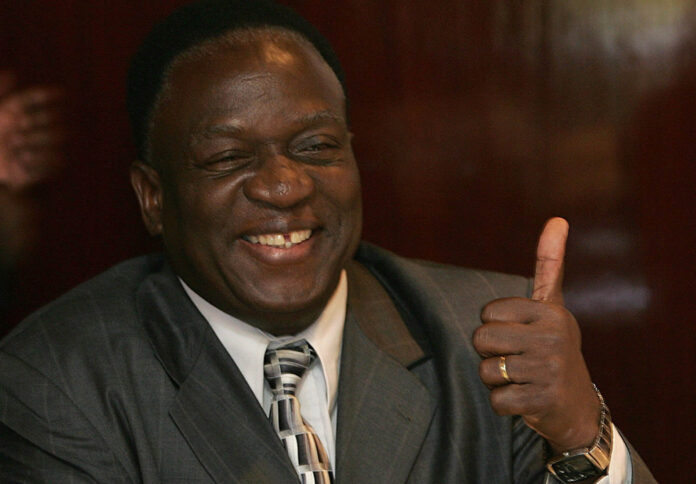Harare – A controversial plan by President Emmerson Mnangagwa’s allies to extend his time in office is facing significant headwinds, not least the staggering financial implications. The proposal, which would require amending the constitution and holding potentially two referendums, carries a projected cost running into billions of US dollars, raising serious questions about its feasibility and political wisdom.
The current constitution, adopted after referendums in 2000 and 2013, limits presidential terms to two five-year periods. Despite President Mnangagwa previously stating his intention to step down in 2028, a resolution passed at Zanu-PF’s annual conference in Bulawayo last month seeks to extend his tenure beyond this date.
Legal experts have outlined the complex and costly process involved. They anticipate the need for two separate referendums: one to postpone the next general election beyond 2028 and another to specifically allow Mnangagwa to benefit as the incumbent president. While both referendums and general elections involve similar processes, the legal experts highlight that the referendum process is even more expensive due to the intricate legislative changes required.
The financial implications are staggering. The Zimbabwe Electoral Commission (ZEC) received ZW$860 billion (approximately US$188 million at the time) to conduct the disputed August 2023 general elections.
However, constitutional lawyer Lovemore Madhulu believes a referendum would be far costlier: “For the referendum to be successful we need not less than US$1 billion, as we factor in corruption tendencies, inflated prices and so forth,” he stated.
He further elaborated: “That’s the reality… It’s an opportunity for some people to make money. They need money to prepare voter registers, voter inspection, voter registration blitz and so forth, and also, we need money to put in place the legislation. There are likely more voters in the referendum than in a general election. It will mean that we will have three elections in five years.”
Constitutional lawyer Tinomudaishe Chinyoka echoed these concerns, emphasising the impossibility of holding both referendums concurrently: “The two referendums, one to extend the term of office and the other for the incumbent to benefit can’t be done at the same time,” Chinyoka explained.
“They have to be done separately. We are not in financial capacity to sustain two referendums and an election on top of that within five years. We are not even in a position to sustain the general election though we still have to conduct it because it’s a constitutional mandate. Certainly we don’t have the luxury to spend that much money for the benefit of one person.”
Douglas Mwonzora, another prominent lawyer, condemned the proposal as an unnecessary and extravagant expenditure: “It is totally unnecessary as it brings about unnecessary costs to the country,” Mwonzora argued.
“That proposition will be costly and Zimbabwe is going through economic hardships especially for a common person. The cost of running a referendum is the same as running for the presidential elections and we also know that there is corruption involved, so the cost will be even higher.”
He further warned of the potential for increased political instability: “This is a serious bill and therefore there is a possibility of violence and it is very expensive. This will make Zimbabwe a laughing stock, especially at a time when we are in a dire economic situation,” he said.
While Mnangagwa’s loyalists, particularly in Midlands and Masvingo provinces, have openly championed the “2030 agenda,” the proposal lacks support within the army and at the grassroots level. This internal division within Zanu-PF mirrors past succession struggles, culminating in the removal of Robert Mugabe, who sought to cling to power despite his declining health.

Follow @MyZimbabweNews












